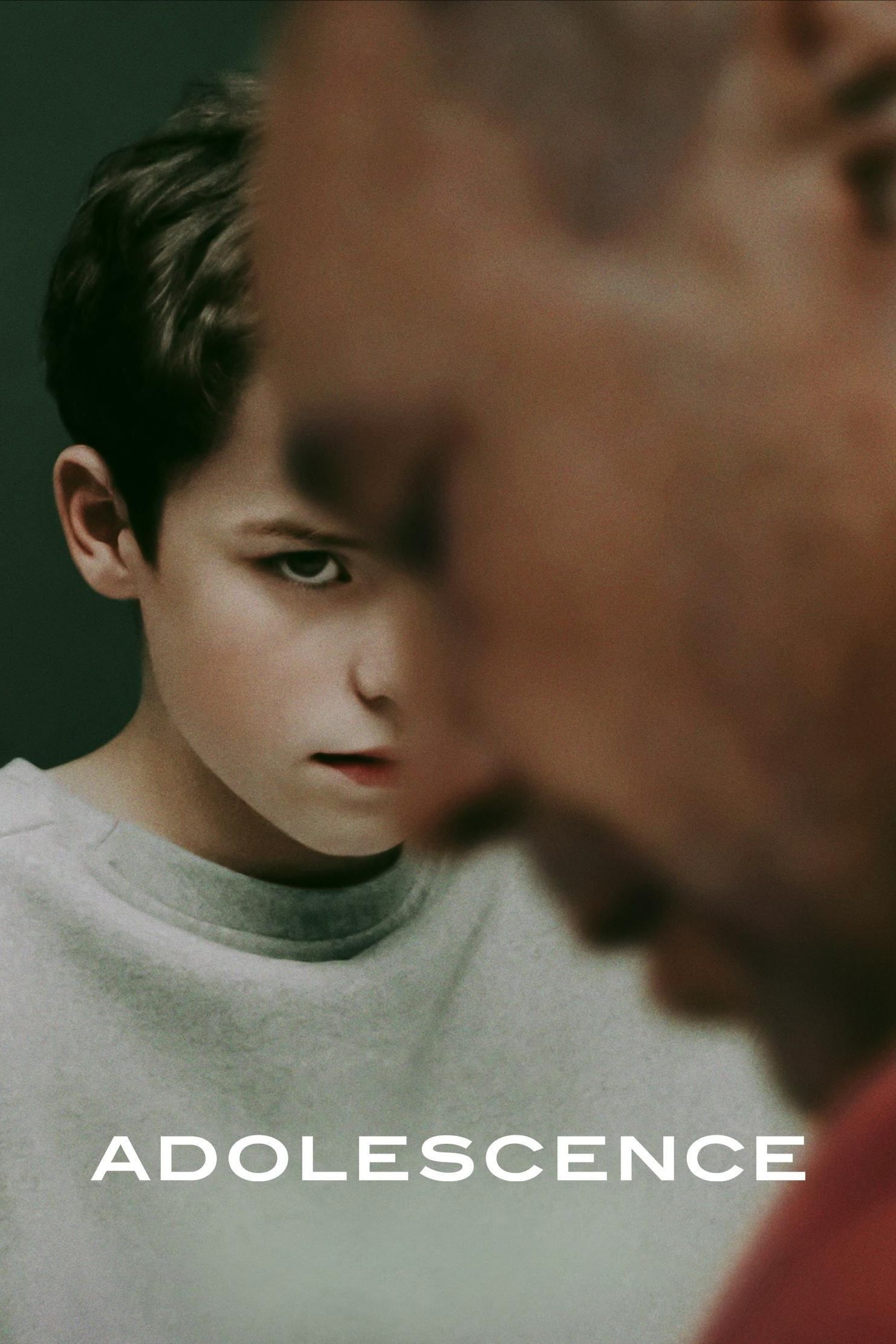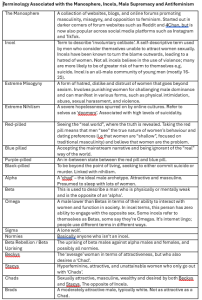Incel – what does it mean and what do I need to know as a parent or carer?
The streaming of the Netflix drama Adolescence has raised awareness and concerns for parents and carers about the toxic influence of social media around online radicalisation, and violence against women.
The hard-hitting drama, co-created by Liverpudlian Stephen Graham and Jack Thorne, follows the radicalisation of 13-year-old Jamie Miller, who becomes entangled in the online manosphere before murdering his female classmate.
Many parents were and still are unaware of the term ‘Incel’ and do not fully understand what it means. Similarly, many have been alarmed to find out what some seemingly innocent emojis mean to young teenagers today.
In this article we will:
- Help to explain what Incel means
- Explain the online ‘Manosphere’
- Explain what ‘Misogny’ means
- Key words
- What signs to look out for if you are concerned about your child or ward
- How to get help and find out more information
1. What is an Incel? Incels are self-defined ‘Involuntary Celibates’ who believe that they are unable to form sexual relationships with women due to a combination of looks and their perception of societal structures.
The Incel movement began online in 1977 and was originally conceived as a gender-neutral supportive space where single individuals could connect and help each other. Through the next few decades, this space has evolved into a wildly different environment.
In the current climate, Incel refers to the almost exclusively male online spaces characterised by white male supremacy, the oppression of women and the glorification of male violence. Incels believe that Western society is dominated by women, and that the sexual and dating success is impossible for them. They place high value on sexual success and believe that they are entitled to romantic attention. Incels believe that women are denying them opportunities to date, motivating resentment.
It is also important to be aware that Incels’ grievances often extends beyond women. They hate and often celebrate violence against young girls, because they will one day become women. They also target conventionally attractive men, non-white men and heterosexual couples. Incels do not form coherent groups or parties, and some may identify with aspects of the ideology as described but not define themselves as Incel.
2. The Manosphere. The Manosphere is made up of a number of websites, blogs, and online forums promoting masculinity, misogyny, and opposition to feminism.
Communities within the Manosphere include Mens Rights Activists (MRAs), Incels (involuntary celibates), Men Going Their Own Way (MGTOW), pick up artists (PUA), and fathers rights groups. While the specifics of each group’s beliefs sometimes conflict, they are generally united in the belief that society is biased against men due to the influence of feminism, and that feminists promote misandry (hatred of men).
The Manosphere overlaps with the far-right and alt-right communities. It has also been associated with online harassment and the glorification of violence against women and girls.
3. How does this link to Misogyny and the influence of Andrew Tate? Misogyny is hatred of, contempt for, women or girls. It is a form of sexism that sees women as a lower social status than men, maintaining the social roles of patriarchy. Examples of misogyny include violence against women and girls, domestic abuse, and femicide. Misogyny often operates through sexual harassment, coercion, and psychological techniques aimed at controlling women.
Andrew Tate has gained notoriety for his misogynistic views, which went viral on social media and led to a ban on Instagram and – temporarily – on X. Tate’s recent media coverage has sparked conversations around incel culture. Although he does not identify himself as an incel, many of his fans are lonely young men who consider themselves “involuntarily celibate”.
4. Key Words associated with Incel: There are many words and references that summarise the Incel ideology – creating an inward-looking and isolated community. Many of the terms derive from the concept of coloured pill introduced in the film The Matrix.
Click on the picture for a list of commonly used phrases and terminology.
5. Warning signs/ radicalisation indicators. Many of the indicators of a radicalisation concern can also be applied to Incel ideology. Signs of radicalisation can include:
– A sudden and unexplained change in behaviour
– Sudden and unexplained changes to friends and appearance
– No longer doing things they enjoy
– Becoming secretive, withdrawn or isolated
– Becoming sympathetic to extremist ideologies and groups (including extreme
misogyny and racism)
– Developing a fascination with violence or weaponry
– Changing online identity or having more than one online identity.
Click here for more information about extremism and radicalisation.
The Incel ideology is characterised by a lack of social engagement, poor self-image, poor mental health, and suicidal ideation. An individual who subscribes to this ideology is much more likely to harm themselves than others.
6. How to get help and advice: Extremists are targeting and grooming impressionable young people through social media and the internet in order to influence their minds in much the same way that sexual predators operate online. Their message can have a powerful impact on someone who’s young, possibly unsure of their path in life, and may lack confidence.
If you as a parent or carer have concerns or have concerns about another young person, you can access a variety of materials to help understand the risks. There is a range of useful resources in the link here:
If you or anyone is in immediate danger please call 999
You can also contact Integrated Front Door on 0151 606 2008 (9-5pm) after hours 0151 677 6557 or email [email protected]


